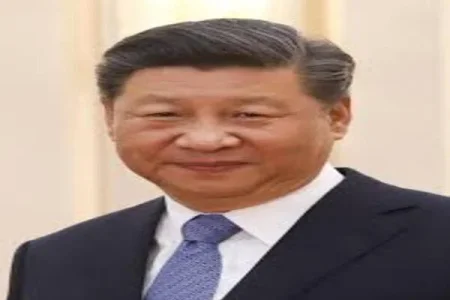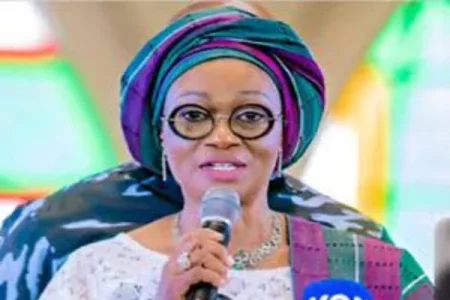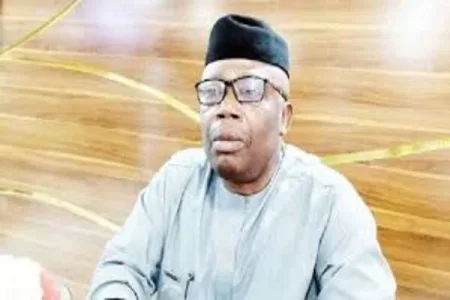
China cracks down on influencers flaunting luxury lifestyles on social media, banning accounts like Wang Hongquan's on Douyin amid economic slowdown. Authorities aim to curb materialistic influences on youth and societal discontent.
Chinese authorities are cracking down on online influencers known for flaunting their luxurious lifestyles on social media. The Cyberspace Administration of China, the national internet regulator, initiated a campaign targeting influencers who project a "wealth-flaunting" persona to attract followers and traffic. This move aims to curb the display of extravagant lifestyles that may contribute to societal discontent amid the country's economic challenges.
One prominent influencer, Wang Hongquan, known for showcasing his opulent life, had his Douyin account (China’s version of TikTok) banned for violating community guidelines. Similar actions were taken against other influencers like Bo Gongzi (Young Wealthy Lord Bai) and Baoyu Jiajie (Abalone Sister), whose accounts, boasting millions of followers, were also blocked.
China's economic slowdown has particularly impacted the middle class, exacerbating frustrations among citizens. Lyla Lai, a former beauty influencer with over a million followers on Douyin, noted that the constant exposure to unrealistic portrayals of happiness and wealth online creates a skewed perception of reality. She expressed concern that young people might be detracted from their studies and caught up in materialistic pursuits.
Lai, who left Douyin after facing criticism over her sales tactics and lifestyle, emphasized the necessity of this crackdown. She believes it is essential to steer young people away from excessive materialism and back towards constructive activities. Lai, now residing in Australia, stressed that for the campaign to be truly effective, there must be broader economic development that provides real fulfillment and happiness for people, reducing the need for psychological comfort through the internet.
In summary, this regulatory effort reflects China's broader attempt to address societal issues linked to economic disparity and the influence of social media on public perception and behavior.




